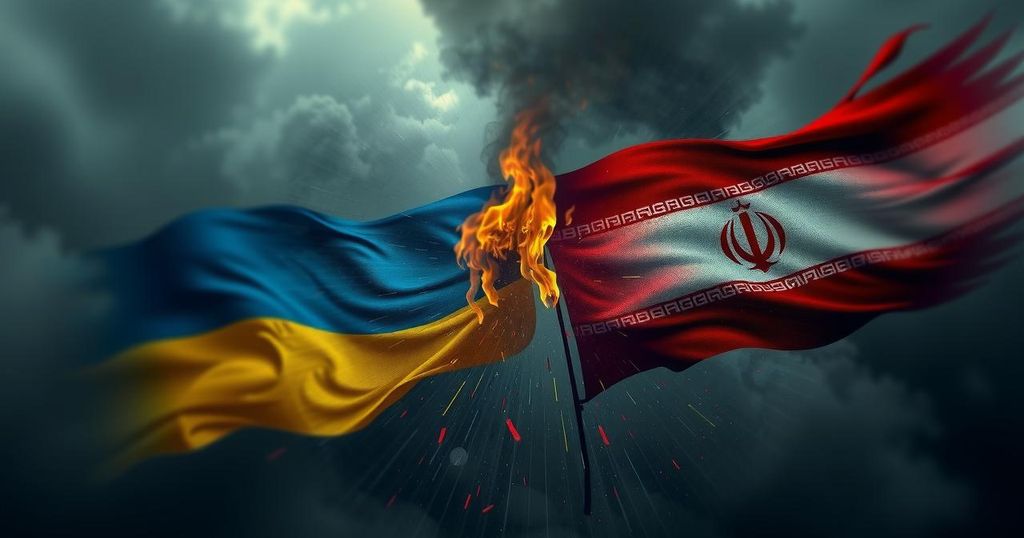Russia’s Diminishing Influence in Syria Amidst Focus on Ukraine

Russia’s military interests in Syria are under threat due to the recent advances of anti-Assad rebels. The Kremlin’s muted response highlights its diminishing influence in the region, compounded by its preoccupation with the conflict in Ukraine. Historically reliant on alliances with Iran and Hezbollah, Moscow now has little to offer Tehran as it seeks to stabilize the Assad regime amidst escalating turmoil.
As Russia navigates its obligations in Ukraine, its role in supporting Syrian President Bashar al-Assad has become increasingly precarious. The recent advance of anti-Assad rebels into Aleppo has raised substantial concerns for Russian military interests in Syria, yet Moscow’s response has been strikingly subdued. Historically, Russia has leaned on its alliance with Iran and Hezbollah to bolster Assad’s regime; however, it now appears that Russia lacks considerable leverage in its partnership with Tehran to face the current crisis.
The dynamics of this alliance are critical. With the conflicts in Ukraine and Syria overlapping, Russia must balance its military commitments abroad. The accelerated operations of Syrian rebels, who swiftly captured Aleppo, have led to an ironic situation where their triumph highlights Russia’s failures to secure territorial integrity. This irony has not gone unnoticed, with Russian social media users wryly remarking, “Syrian rebels were able to accomplish what Russia couldn’t – they occupied Aleppo in less than three days.”
This observation not only underscores the challenges faced by Russian forces but also reflects on Moscow’s reliance on Iranian support to stabilize the Syrian landscape. The strategic partnership between Russia and Iran has been a cornerstone for Assad’s regime, yet the current geopolitical equations may limit Russia’s capacity to maneuver effectively in Syria, particularly without tangible incentives to offer Iran for its assistance.
Ultimately, the intertwined fates of Russia, Iran, and Assad in Syria encapsulate the complexities of contemporary geopolitics, where military successes and failures profoundly influence international alliances. With significant challenges looming, it is clear that without a robust plan and supportive partnerships, Assad’s hold on power remains uncertain amidst a resurgent threat from rebel forces.
The situation in Syria represents a critical intersection for international relations, particularly involving major players such as Russia and Iran. Since the onset of the Syrian Civil War, Russia has positioned itself as a staunch ally of the Assad regime, providing military support and political backing. However, the recent resurgence of anti-Assad rebel forces poses a significant threat to Russian interests, prompting concerns about the stability of its investments in the region. This precarious balance is further complicated by Russia’s ongoing commitments to Ukraine, which draw its focus away from the Syrian conflict, thus creating vulnerabilities in its strategic framework in the Middle East.
In conclusion, Russia’s involvement in Syria faces significant challenges amidst its ongoing focus on Ukraine. The success of anti-Assad rebels exposes weaknesses in Russia’s military strategy and reliance on Iranian support. With the balance of power shifting rapidly, the future of Assad’s regime hangs in the balance as Moscow grapples with the limitations of its influence in the region. Navigating these complex dynamics will be crucial for any potential resolution to the Syrian conflict and for maintaining Russian interests locally and globally.
Original Source: www.haaretz.com








